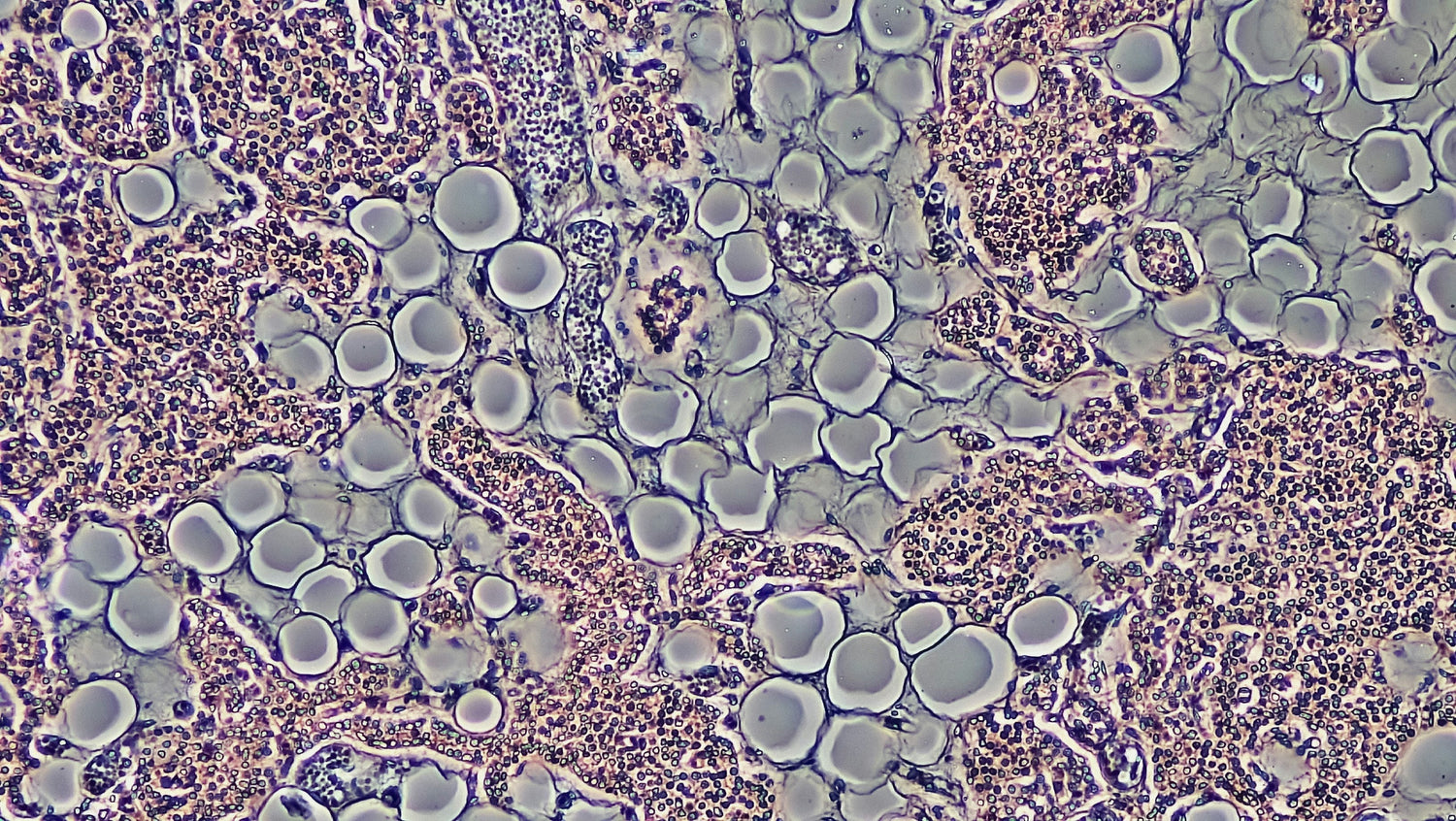Are you frustrated and by the cycle of losing and then regaining weight? Many people experience cycles of weight loss and weight gain multiple times throughout their lives. It's no wonder that by the time we reach middle age, we are ready for a different approach.
The Women's Reset takes a more honest, scientific and real-life approach. In other words, we share the science, and then help each of our members to figure out an approach that will work for them. It takes time to unravel both habits and beliefs, and our educational classes focus on the four pillars of Nutrition, Movement, Exercise and Lifestyle.
Introducing set point theory
You can determine the 'set point' for the temperature in your hone by adjusting a thermostat. When room temperature decreases below a point, the boiler kicks in and room temperature is increased. If the room temperature rises above the set point, the boiler shuts off,
Body weight regulation (or control) appears to be similar to some degree, relying upon an internal body fat thermostat that is sensitive to total body fat and has the ability to influence a range of responses to increase (eating more food, reducing metabolic rate) or decrease total body fat (eating less food, increasing metabolic rate).
All of these findings imply that the brain areas that control food intake and energy usage are able to monitor how much fat is present in the body, and to respond to changes in body fat by making offsetting changes in food intake.
While the nature of the human body's 'fat thermostat' is not completely understood, it relies in part upon hormones (such as leptin and insulin) where they influence specific brain centers controlling food intake.
So, in theory at least, if a person’s weight starts creeping up, the body secretes more leptin and insulin, and these in turn act on the brain to reduce food intake; similarly, when weight is reduced by dieting or other means, the reduced hormone levels signal the brain to increase appetite. Because of these processes, it is difficult for most people to maintain a weight that is different from their set point range for long periods of time.
What about genetics?
The genes we inherit are one major influence on the set point, and nutritional factors, particularly before and soon after birth are also thought to be important.
There is also evidence for a genetically determined weight trajectory in some people, for example that keeps weight low until middle age and then allows it to increase.
What can be done if you want to reduce your weight, despite your set point?
Now for the good news. Rather than being permanently fixed, the weight set point range is influenced by several environmental factors and can change. Change the diet for the better and weight can reduce and stabilise.
- A diet that's supportive of weight loss must also help with feelings of fullness and satisfaction, otherwise it will fail.
- Nutrition that improves gut health and the diversity of the microbiome is supportive of weight loss and ongoing weight management.
- A nutritional approach must align with hormones The diet that helps a woman in midlife to lose weight differs significantly from a diet that will 'work' for a younger woman, or a man.
- Movement is medicine. We need to support body composition and make weight loss easier and more sustainable through building and maintaining lean muscle.
- Stress is also an important factor, as many people eat more food or consume more alcohol, and thus gain weight. in certain stressful situations.





